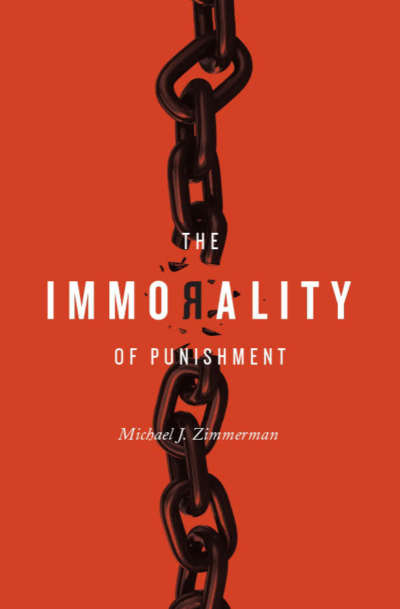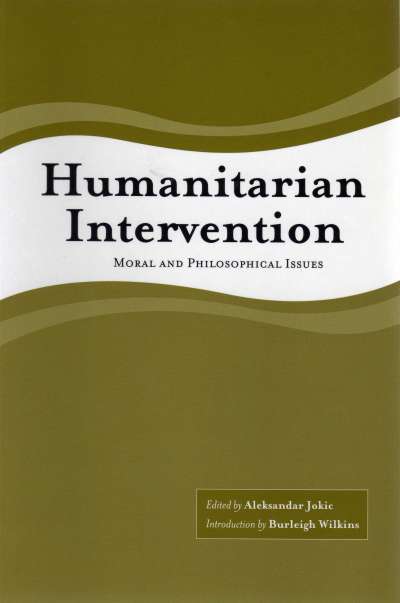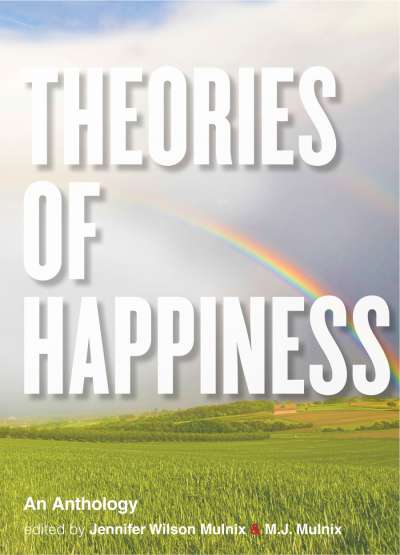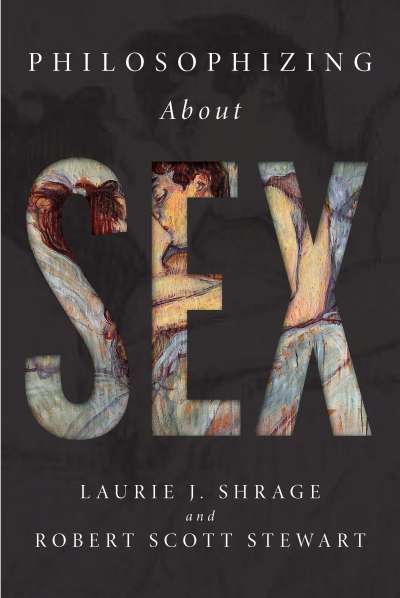The role of freedom in assigning moral responsibility is one of the deepest problems in metaphysics and moral theory. Incompatibilism’s Allure provides original analysis of the principal arguments for incompatibilism. Ishtiyaque Haji incisively examines the consequence argument, the direct argument, the deontic argument, the manipulation argument, the impossibility argument and the luck objection. He introduces the most important contemporary discussions in a manner accessible to advanced undergraduates, but also suited to professional philosophers. The result is a unique and compelling account for incompatibilism’s continuing allure.
Comments
“Incompatibilism’s Allure offers by far the most comprehensive and accessible treatment of the thesis that determinism is incompatible with both free will and moral responsibility. Haji has carefully examined every major argument for incompatibilism, exposing each to thorough scrutiny, and offering a judicious assessment of the credibility of this age old thesis. An especially noteworthy asset of Incomaptibilism’s Allure is its teachability. It is clear, accessible, and organized in the best way possible for the purposes of introducing these complex ideas to the uninitiated. Nevertheless, Haji also manages to make important contributions to work on free will and moral responsibility. Anyone with an interest in this topic will certainly profit from Haji’s fine effort.” — Michael McKenna, Florida State University
“Haji lucidly explains and critically assesses the leading arguments for the view that determinism is incompatible with free will and moral responsibility. I strongly recommend Incompatibilism’s Allure for advanced undergraduate and graduate courses on free will and moral responsibility. Students will find this book extremely useful, and people who publish on Haji’s topics will benefit from it as well.” — Alfred R. Mele, Florida State University
Acknowledgements
ONE INTRODUCTION
- The Robert Harris Case
- The Ann/Beth Cases
- Responsibility, Causal Determinism, and Free Action
- Two Views About the Concept of Responsibility
- Free Action
- Causal Determinism
- Some Definitions: Incompatibilism, Compatibilism, and Libertarianism
- Different Pathways to Incompatibilism
- Prospectus
TWO THE CONSEQUENCE ARGUMENT
- The Consequence Argument
- The Logical Modalities
- Peter van Inwagen’s Version of the Consequence
Argument
- A Problem Concerning the Interpretation of ‘Can’
- The Hypothetical Sense of ‘Can’
- The Categorical Sense of ‘Can’
- The Reformulated Consequence Argument
- Control
- Active Control
- The Event Causal Theory of Action and Deviance
- Ultimate Control
- The Negative Conception of Ultimate Origination
- The Positive Conception of Ultimate Origination
- Compatibilist Conceptions of Ultimate Origination
- Assessing the Reformulated Consequence Argument
- The Basic Version of the Consequence Argument
Appendix Local Miracle Compatibilism
A.1 Local Miracle Compatibilism
A.2 An Objection to Local Miracle Compatibilism
THREE ALTERNATIVE POSSIBILITIES AND MORAL RESPONSIBILITY
- The Consequence Argument and Freedom to do Otherwise
- Frankfurt-Type Examples and Freedom to do Otherwise
- The Dilemma Objection
- Mele and Robb’s Reply to the Dilemma Objection
- Another Reply to the Dilemma Objection
- Luck and Alternative Possibilities
FOUR THE DIRECT ARGUMENT
- Introduction
- The Direct Argument
- Transfer NR and Two-Path Cases
- David Widerker’s Response to the Direct Argument
- Widerker’s Concerns
- Reply to Widerker
- A New Counterexample
- On the Epistemic Condition of Moral Responsibility
- A Requirement of Alternative Possibilities for Obligation
- An Informal Presentation of the Counterexample to Transfer NR
- Filling in the Details of the Counterexample
FIVE THE DEONTIC ARGUMENT
- Introduction
- The Deontic Argument
- Problems with the Deontic Argument
- Genuine Moral Dilemmas and “Ought” Implies “Can”
- Self-Imposed Impossibility and “Ought” Implies “Can”
- Changing Obligations with Passing Time
- Reply to the Objection
- Negative Duties and “Ought Not” Implies “Can Refrain From”
- Does Blameworthiness Require Wrongness and Does Praiseworthiness Require Obligatoriness?
- A Counterexample to the Principle that Blameworthiness Requires Wrongness
- Supererogatory and Suberogatory Actions
- The Coming Apart of Blameworthiness and Wrongness
- Blameworthiness and Frankfurt Examples
SIX THE MANIPULATION ARGUMENT
- The Basic Contours of the Argument
- The Manipulation Argument
- Hard Incompatibilism and the Four-Case Argument
- McKenna’s Hard-Line Response to the Argument
- The Hard-Line Reply
- Concerns with the Hard-Line Reply
- On Pereboom’s Principle O of Ultimate Origination
- Principle O, Magical Agents, and God
- Principle O and Indoctrination
- Principle O and Control
- A Proposal
SEVEN AUTHENTIC SPRINGS OF ACTION
- Toward a Soft-Line Reply to the Manipulation Argument
- Internalism versus Externalism
- Magical Agents and Global Manipulation: An Argument for
Internalism
- Why the Argument Fails
- An Agency Requirement of Responsibility
- Children and the Authenticity of their Developing Evaluative Schemes
- Authentic Evolved Schemes
- Some Objections and Responses
- Evaluative Schemes and Personal Identity
- Evaluative Schemes and Drastic Change
- Evaluative Schemes and Ambiguity of ‘Autonomy’
- Reply to the Magical Agents Argument
- Internalism’s Domain
- A Soft-Line Reply to the Four-Case Argument
EIGHT THE IMPOSSIBILITY ARGUMENT
- Introduction
- The Impossibility Argument
- Assessing the Impossibility Argument
- A Problem Concerning Magical Agents and God
- A Problem Concerning Agency
- A Problem Concerning Control
- The Impossibility Argument and Negative Ultimate Control
- The Impossibility Argument and Agent-Causal Ultimate Control
- The Impossibility Argument and Compatibilist Ultimate Control
NINE LIBERTARIANISM AND THE LUCK OBJECTION
- Libertarianism and Luck
- Event Causal Modest Libertarianism
- Nonaction-Centered Modest Libertarianism
- Action Centered Modest Libertarianism
- Introducing the Luck Objection
- Luck, Explanation, and Control
- Akratic Action
- Modest Libertarianism, Luck, and Akratic Action
- Luck’s Persistence
- Clarke’s Hybrid Account and the Luck Objection
- Accounts of Causation
- Clarke’s Hybrid Agent-Causal Account
- The Hybrid Account and Luck
- Mele’s Daring Soft-Libertarian Reply
- Akratic Action vs. Actions that Manifest Agency Breakdown
- The Daring Reply
- Brief Wrap-Up
References
Index
Ishtiyaque Haji is Professor of Philosophy at the University of Calgary. He is the author of Freedom and Value: Freedom’s Influence on Welfare and Worldly Value (Springer, 2009); Deontic Morality and Control (Cambridge University Press, 2002); and Moral Appraisability: Puzzles, Proposals, and Perplexities (Oxford University Press, 1998).













